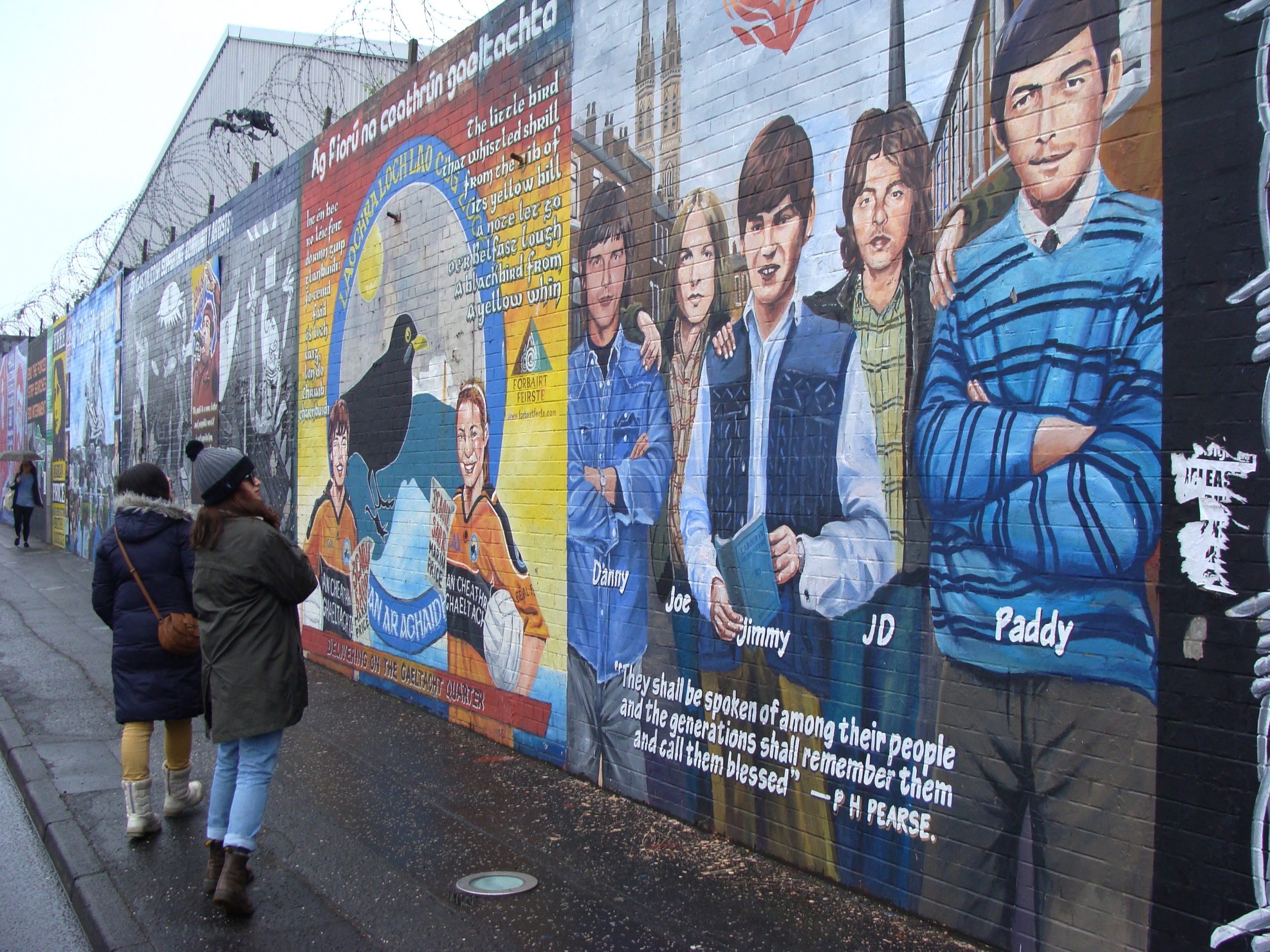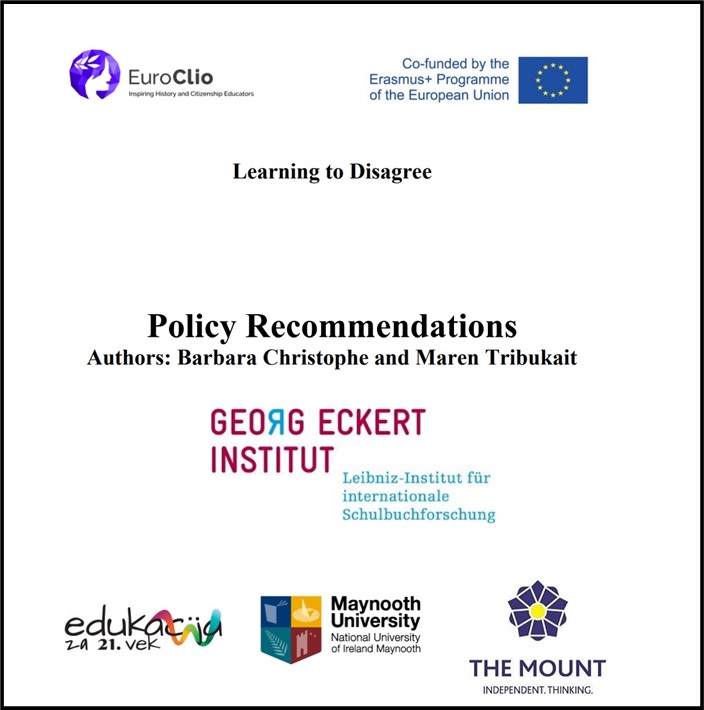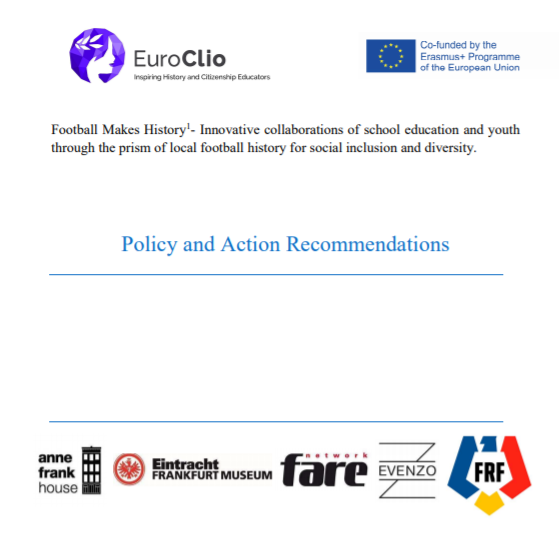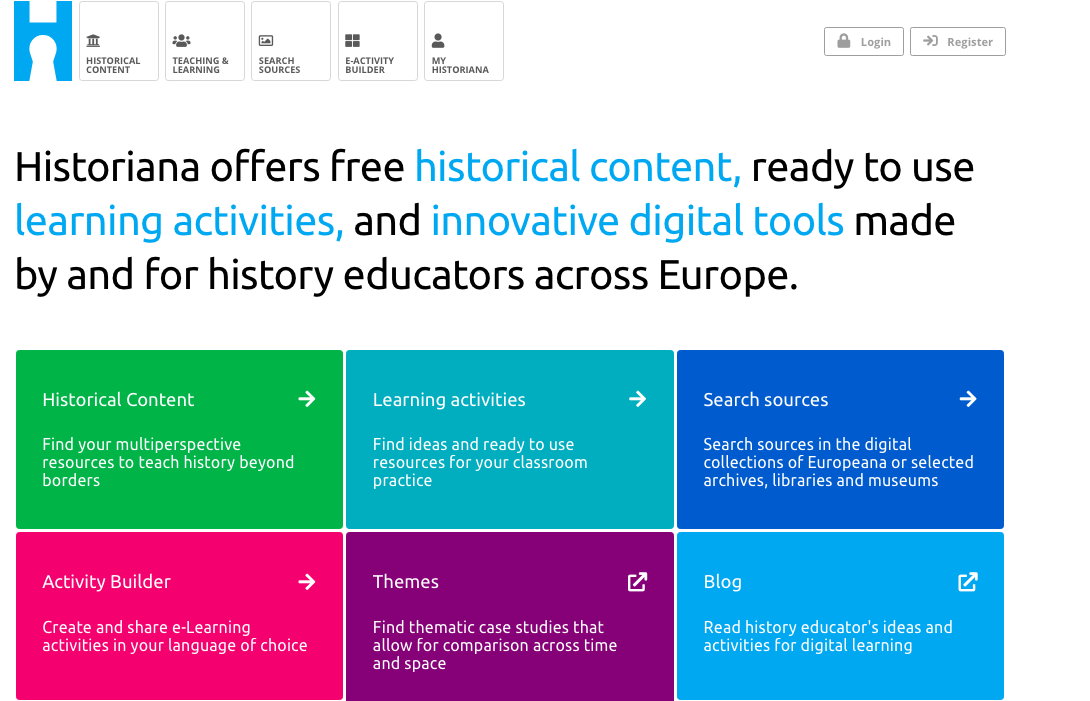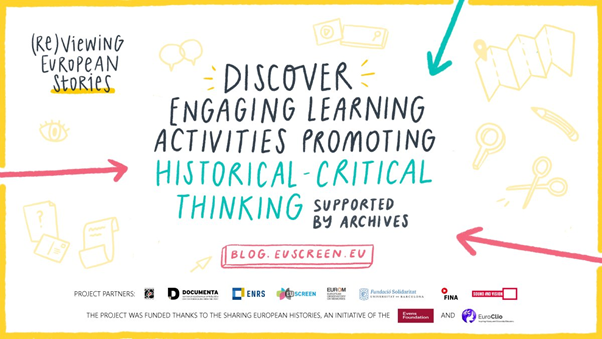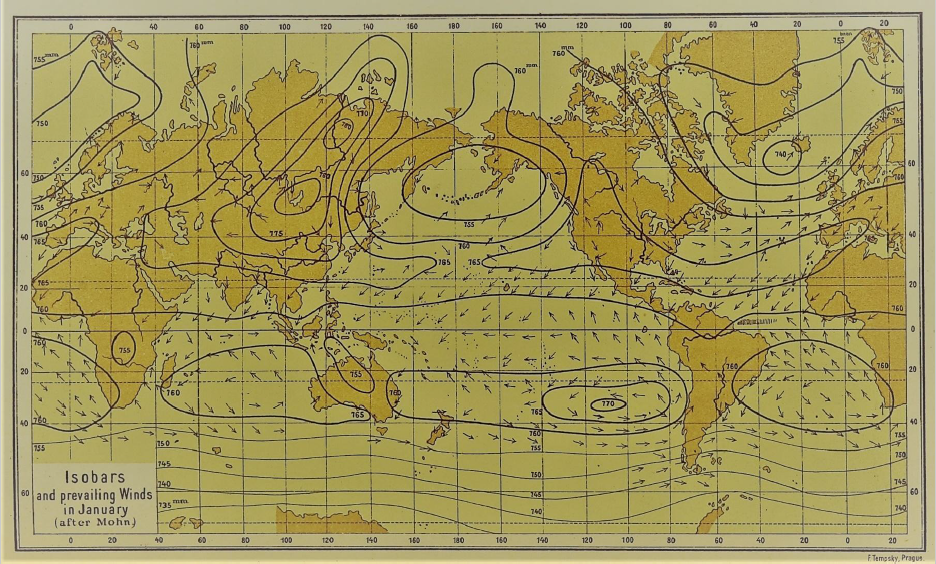
Many tensions in the world are rooted in history. The way in which history is learned at school, perceived in public, and addressed politically can act to either resolve or sustain these tensions. This is the case in Northeast Asia, as well as in Europe, where history is at the top of political and civil agendas, aiming to address territorial disputes, controversial commemorations and historical (mis)interpretations. Textbooks in particular are often in the spotlight, especially concerning how common history between nations is depicted.
In view of this, EuroClio has been collaborating with NAHF since 2016 to sustain a comprehensive knowledge-sharing between experts in Europe and Northeast Asia on the need, approach, impact and sustainability of cross-border history education initiatives, such as joint history textbooks and joint history research. Such cross-border history education initiatives aim to reduce tensions over history, and deepen mutual understanding, awareness, and respect between nations on issues related to common history.
What is the aim of these recommendations?
Though initiatives to create cross-border history education resources are becoming relatively more common, there are few opportunities for the authors and editors of these initiatives to exchange their experiences, or to give advice to other professionals who are heading out on the same track. Such initiatives often work in isolation from one another, and “reinvent the wheel” as they run into similar challenges and seek to find solutions. These recommendations aim to counteract this tendency, by compiling into one document the knowledge, ideas, and experiences of authors and editors of cross-border history education resources from across the globe, and thus to support future initiatives.
There is no single “correct” way of undertaking the difficult process of developing cross-border history education resources, but these recommendations aim to identify the challenges and offer potential solutions in the hope of easing the process for future initiatives.
How were these recommendations made?
These recommendations are the result of interviews and group knowledge-sharing meetings conducted since 2018 with a global group of authors, editors, and coordinators of cross-border history education resource development projects. This input by the global expert group was in addition supplemented by desk research conducted by Neeltje van Roessel as part of a research traineeship at EuroClio. The collection of these experiences was funded by the Northeast Asian History Foundation, the Evens Foundation, and EuroClio – European Association of History Educators.
You can view the recommendations here.

Contested Histories: ‘Muralling’ and Reconciliation in Northern Ireland

Learning to Disagree: Policy Recommendations
Click here for the Policy Recommendations developed as part of [...]

Football Makes History: Policy & Action Recommendation

Historiana Featured Resources
Historiana, EuroClio’s online alternative to a European History textbook, is [...]

Teaching and Learning about Life in 20th century Border Regions with Audiovisual Content

